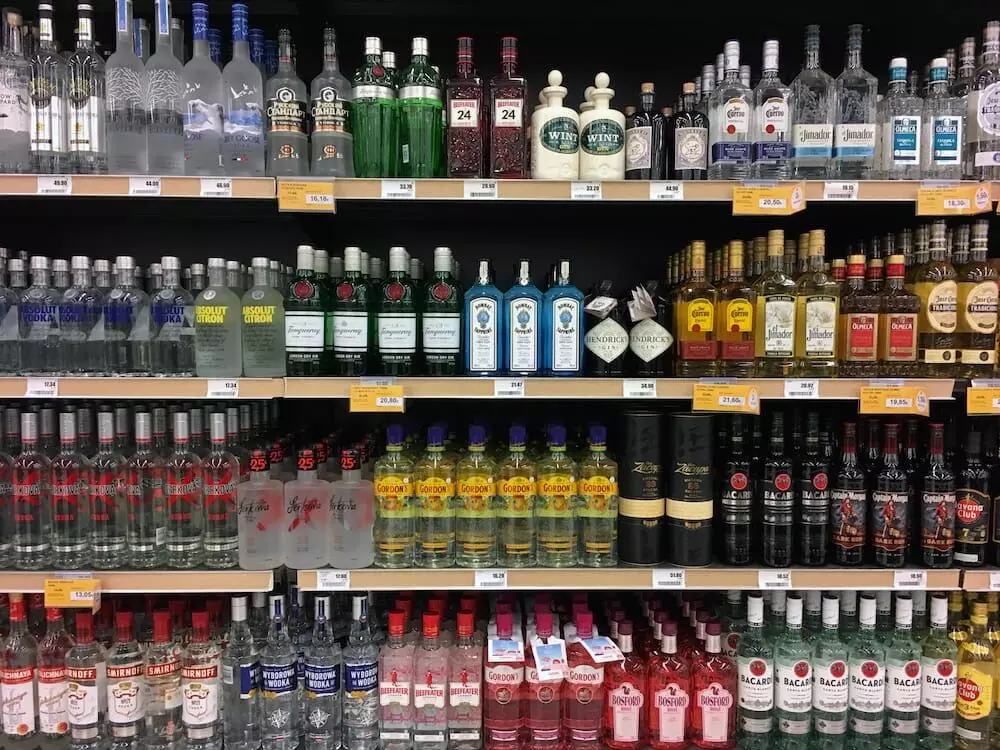Telangana: Liquor license application fee increased to 3L
The entire allotment will be carried out through a transparent draw of lots conducted by District Collectors, as per the schedule
By Sistla Dakshina Murthy
Representational Image
Hyderabad: The Telangana government has released the notification for allotment of retail liquor (A4) shops across the state for the next licence period, beginning December 1, 2025, and ending November 30, 2027.
A key change this time is the steep hike in the application fee, which has been raised to Rs 3 lakh from the earlier Rs 2 lakh, marking a 50 per cent increase.
Apart from this, the overall structure of shop allotment and taxation remains largely the same as in the previous licence cycle.
Application process
According to the guidelines, individuals, partnership firms, and companies are eligible to apply in the prescribed Form A-3(A).
Applicants can submit more than one application for a single shop, but each application must be accompanied by the non-refundable fee of Rs 3 lakh.
The entire allotment will be carried out through a transparent draw of lots conducted by District Collectors, as per the schedule to be finalised by the Commissioner of Prohibition and Excise.
Reservation for Communities
The government has continued the system of social reservations for liquor shops. Of the total A4 shops, 15 per cent will be reserved for members of the Goud community, while 10 per cent will go to Scheduled Castes and five per cent to Scheduled Tribes.
The number of reserved shops in each district will be calculated in proportion to the population of the respective communities within that district compared to the state’s total. Only eligible members of these categories can apply for the reserved shops.
Excise tax structure
The annual Retail Shop Excise Tax (RSET) will remain unchanged from the 2023–25 licence period. Depending on the population size of the area, the tax will range from Rs 50 lakh in rural habitations with fewer than 5,000 people, to Rs 1.1 crore in large urban centres with populations above 20 lakh.
In addition, every shop will be required to pay a Special Retail Excise Tax of Rs 5 lakh per year. Licensees must pay RSET in six installments each year and also submit a bank guarantee equivalent to 25 per cent of the annual tax.
Shop operations
The business hours for retail shops have been kept unchanged. In Greater Hyderabad and its periphery, liquor shops can operate from 10 am to 11 pm., while in other areas the timings will be 10 am. to 10 pm.
Retailers are required to sell liquor strictly at the maximum retail price printed on the bottles. Margins will remain at 27 per cent on ordinary Indian-made foreign liquor (IMFL), and 20 per cent on premium liquor and beer.
The government has also retained the option of converting shops into walk-in stores. By paying an additional fee of Rs 5 lakh per year, licensees can operate walk-in outlets and also stock liquor-related accessories such as glasses, ice buckets and corkscrews.
Monitoring and Compliance
As part of stricter monitoring, all A4 shops will be required to install three CCTV cameras, with live connectivity to the Excise Department’s central control room.
Shops must also implement full automation to record daily sales and maintain hygienic surroundings with orderly parking. The allotment and operations will continue to be governed by the Telangana Excise Rules of 2012.
Public health measures
Alongside the commercial framework, the government has reiterated its commitment to addressing the social impact of alcohol consumption.
It plans to conduct awareness campaigns highlighting the ill-effects of excessive drinking and to establish de-addiction centres in consultation with the Health and Family Welfare Department.
Provision for undisposed shops
In case any shops remain undisposed after the allotment process, the Commissioner of Prohibition and Excise will have the authority to either re-notify them or allow the Telangana Beverages Corporation Limited to operate them directly.